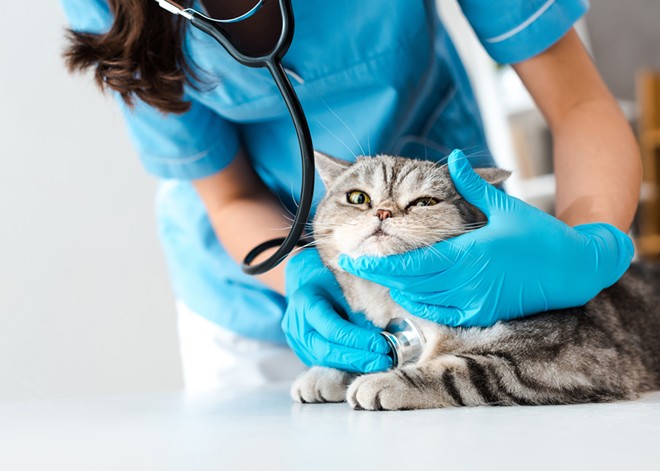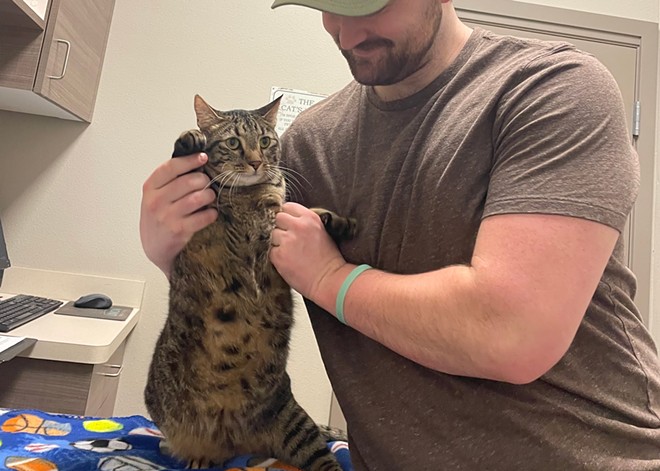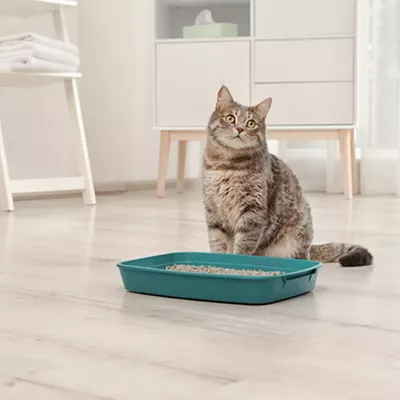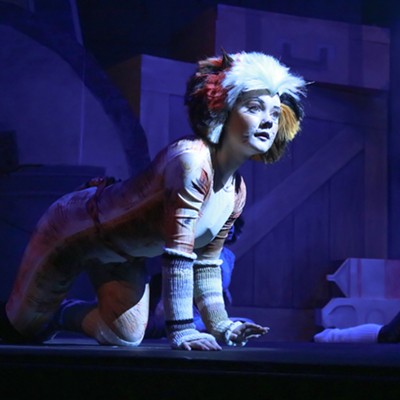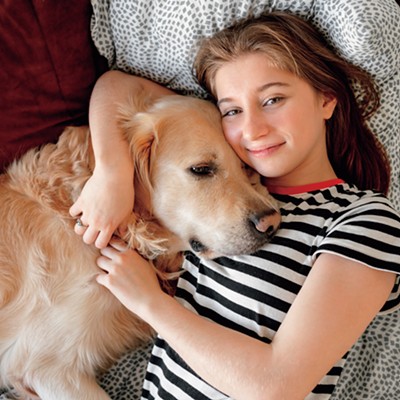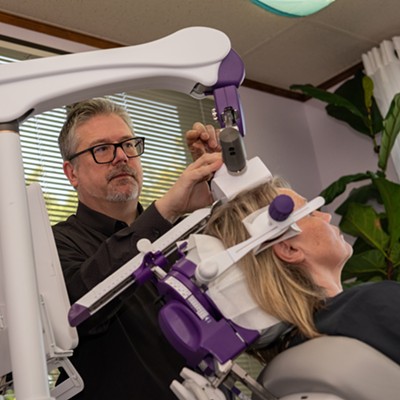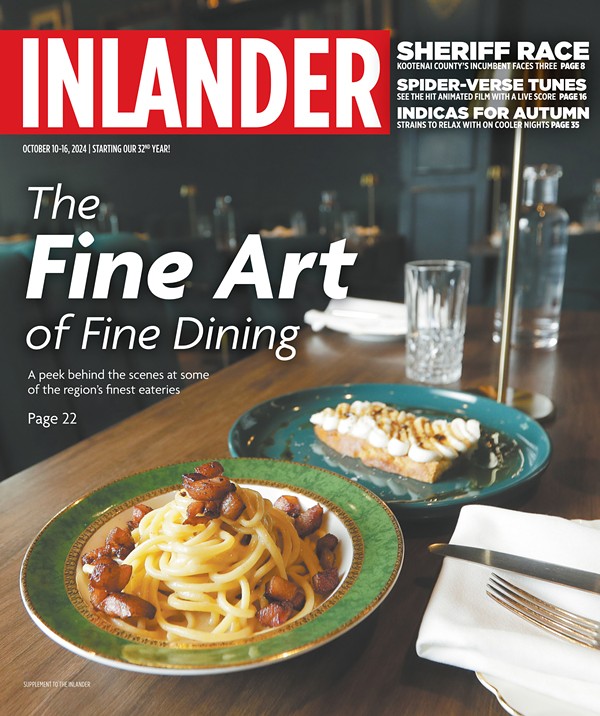Some cats can be very much like their human parents — they just don't like doctors. While this is certainly not all cats, a few "independent" cats have a disposition that turns a bit cranky when a veterinarian ventures in too quickly. These cats just prefer not to be examined. They don't mind being softly stroked; it's when stroking begins to resemble palpating that their temperament is tested.
There are two areas of the body these discrete cats prefer not to have examined: the mouth and the abdomen. The vet will have no problem listening to their heart or lung sounds but don't go poking around their tummy, which seems to heighten their defenses. And probing in and around the mouth is definitely dangerous territory for careless fingers to explore.
These independent cats have three highly effective defenses against unwanted examinations: The first two, teeth and claws, are definitely cause for caution, but it's the third technique that's highly effective in arousing fear. It's a prolonged low growl ending in a sudden hissing sound that causes even the more heroic veterinarian to question their wisdom in persisting.
If a vet is careless at heeding these warning signs, they may suffer a very painful consequence. These consequences are most frequently encountered by energetic veterinarians new to the profession. These early animal doctors are fortunate if hired by a more seasoned practitioner who can patiently coach their new partner in the value of caution with handling a cat's independence. They must understand that sometimes the Human-Feline Bond remains resolutely anchored with their cat parent.

If you happen to have a cat that falls into the "independent" category, you might talk with your veterinarian about ways to minimize stress prior to your cat's appointment. In some cases, vets may recommend a medication to calm your pet prior to the exam. They are very familiar with handling stress and can give you advice on how to prepare for a visit and let you know options they have in dealing with the independent cat.
Don't misconstrue my use of "independent" as equivalent in any way to being "mean." I believe most of these independent cats are born with a dominant instinct of self-preservation that unfortunately blossoms during their annual trip to the vet.
Thankfully, I have known a few vets who possess an innate ability to handle these independent cats. They have what I call "cat charisma" and even the most troublesome feline becomes mysteriously tranquil in their presence — a wonderful gift to have!
Robert Slack, a retired veterinarian living in Spokane, is the author of Tails: Curious Stories of the Human-Animal Bond.

